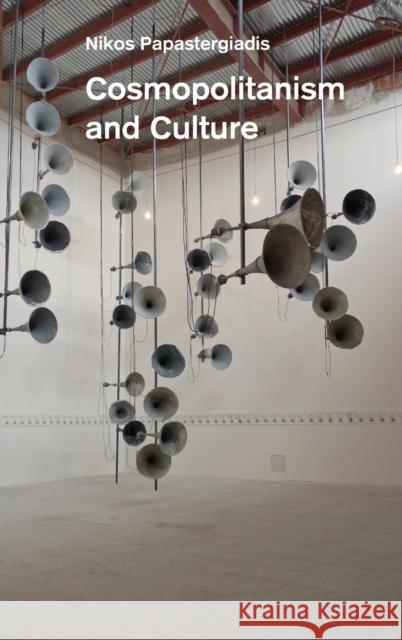Cosmopolitanism and Culture » książka
Cosmopolitanism and Culture
ISBN-13: 9780745653822 / Angielski / Twarda / 2012 / 240 str.
Cosmopolitanism and Culture
ISBN-13: 9780745653822 / Angielski / Twarda / 2012 / 240 str.
(netto: 270,05 VAT: 5%)
Najniższa cena z 30 dni: 280,09
ok. 30 dni roboczych.
Darmowa dostawa!
Today, more than at any other point in history, we are aware of the cultural impact of global processes. This has created new possibilities for the development of a cosmopolitan culture but, at the same time, it has created new risks and anxieties linked to immigration and the accommodation of strangers.
This book examines how the images of the terrorist and the refugee, by being dispersed across almost all aspects of social life, have resulted in the production of 'ambient fears', and it explores the role of artists in reclaiming the conditions of hospitality. Since 9/11 contemporary artists have confronted the issues of globalization by creating situations in which strangers can enter into dialogue with each other, collaborating with diverse networks to forms new platforms for global knowledge. Such knowledge does not depend upon the old model of establishing a supposedly objective and therefore universal framework, but on the capacity to recognize, and mutually negotiate, situated differences. From artworks that incorporate new media techniques to collective activism Papastergiadis claims that there is a new cosmopolitan imaginary that challenges the conventional divide between art and politics. Through the analysis of artistic practices across the globe this book extends the debates on culture and cosmopolitanism from the ethics of living with strangers to the aesthetics of imagining alternative visions of the world.
Timely and wide-ranging, this book will be essential reading for students and scholars in sociology and cultural studies and will be of interest to anyone concerned with the changing forms of art and culture in our contemporary global age.











